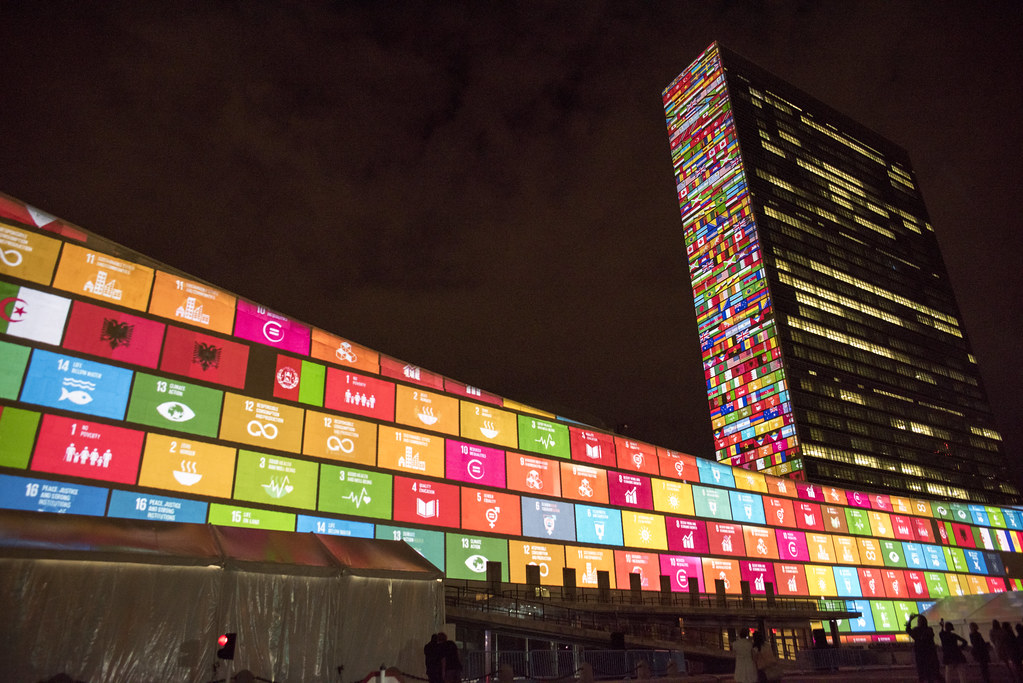Introduction:
Democracy Direct is a term that is gaining popularity in the world of politics. It refers to a political movement that aims to give citizens more direct control over the decisions that affect their lives. In this article, we will explore what Democracy Direct is, how it works, and its implications for society. We will also examine some of the criticisms and challenges that the movement faces.
What is Democracy Direct?
Democracy Direct is a political movement that seeks to increase citizen participation in government decision-making processes. It is a form of direct democracy, which means that citizens have a direct say in policy decisions, rather than leaving those decisions to elected officials.
How does Democracy Direct work?
There are various ways in which Democracy Direct can be implemented, but one of the most common is through the use of referendums. A referendum is a direct vote in which an entire electorate is invited to vote on a particular proposal. In the context of Democracy Direct, referendums are used to make policy decisions on a wide range of issues, from environmental protection to tax policy.
In addition to referendums, Democracy Direct can also be implemented through citizen initiatives, where citizens can propose laws or changes to existing laws. If a certain number of citizens support the initiative, it can be placed on the ballot for a direct vote.
What are the implications of Democracy Direct?
The implications of Democracy Direct are significant. By giving citizens a more direct say in policy decisions, Democracy Direct has the potential to increase transparency, accountability, and trust in government. It can also lead to policies that better reflect the will of the people, rather than the interests of politicians or special interest groups.
However, Democracy Direct also has its critics. Some argue that direct democracy can lead to poorly informed decisions, as citizens may not have the time or resources to fully understand the implications of the policies they are voting on. Others argue that direct democracy can lead to the tyranny of the majority, where the rights of minority groups are ignored in favor of the will of the majority.
Frequently Asked Questions (FAQs):
Q: Is Democracy Direct the same as direct democracy?
A: Yes, Democracy Direct is a form of direct democracy that seeks to increase citizen participation in government decision-making processes.
Q: How is Democracy Direct different from representative democracy?
A: In representative democracy, citizens elect representatives to make policy decisions on their behalf. In Democracy Direct, citizens have a more direct say in policy decisions, either through referendums or citizen initiatives.
Q: What are some examples of countries that use Democracy Direct?
A: Switzerland is perhaps the most well-known example of a country that uses direct democracy, but there are also several states in the United States that use referendums as part of their decision-making process.
Conclusion:
Democracy Direct is a political movement that seeks to increase citizen participation in government decision-making processes. It has the potential to increase transparency, accountability, and trust in government, and to lead to policies that better reflect the will of the people. However, it also has its critics, who argue that direct democracy can lead to poorly informed decisions and the tyranny of the majority. Regardless of its challenges, Democracy Direct is a movement that is worth considering as we seek to build a more democratic and equitable society.











